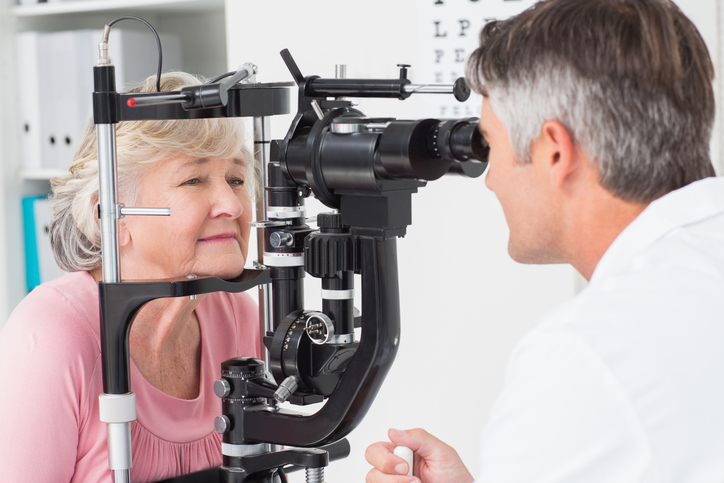National Women’s Health and Fitness Day: Stroke, urinary incontinence, kidney stones, fibromyalgia, and ovarian cancer
September 28, 2016 is the 15th Annual National Women’s Health and Fitness Day, in light of which we present our top articles discussing women’s health and fitness, along with related topics such as stroke, urinary incontinence, kidney stones, fibromyalgia, ovarian cancer, pelvic floor muscle training, and exercise. On this day, thousands of women partake in ...click here to read more














